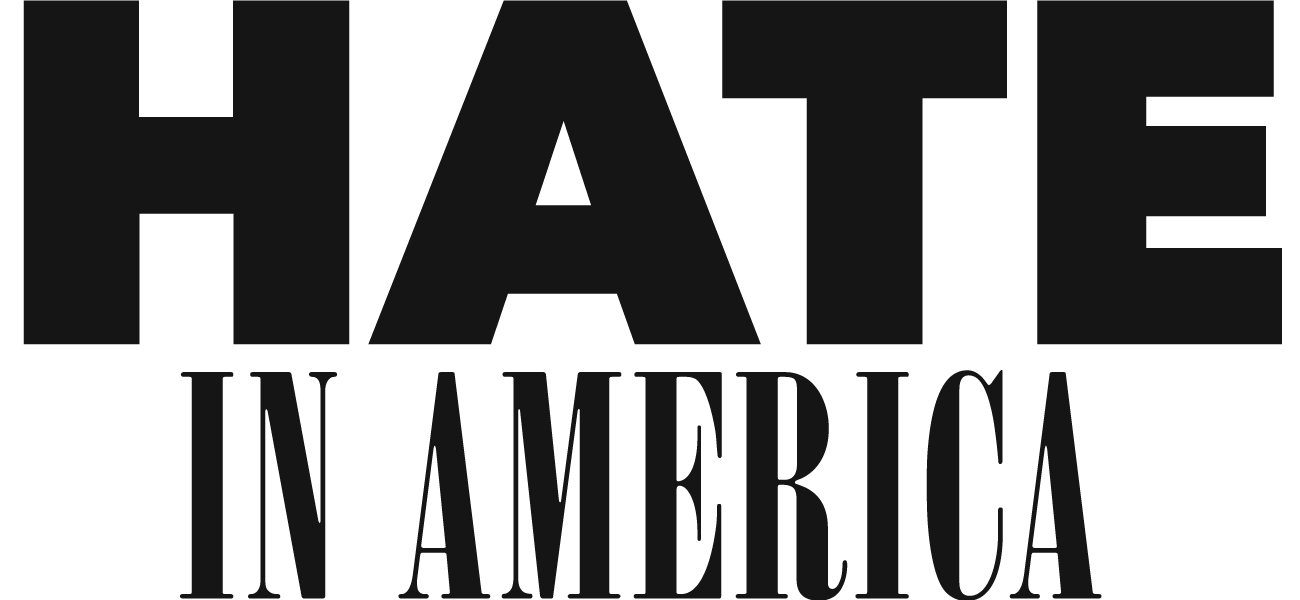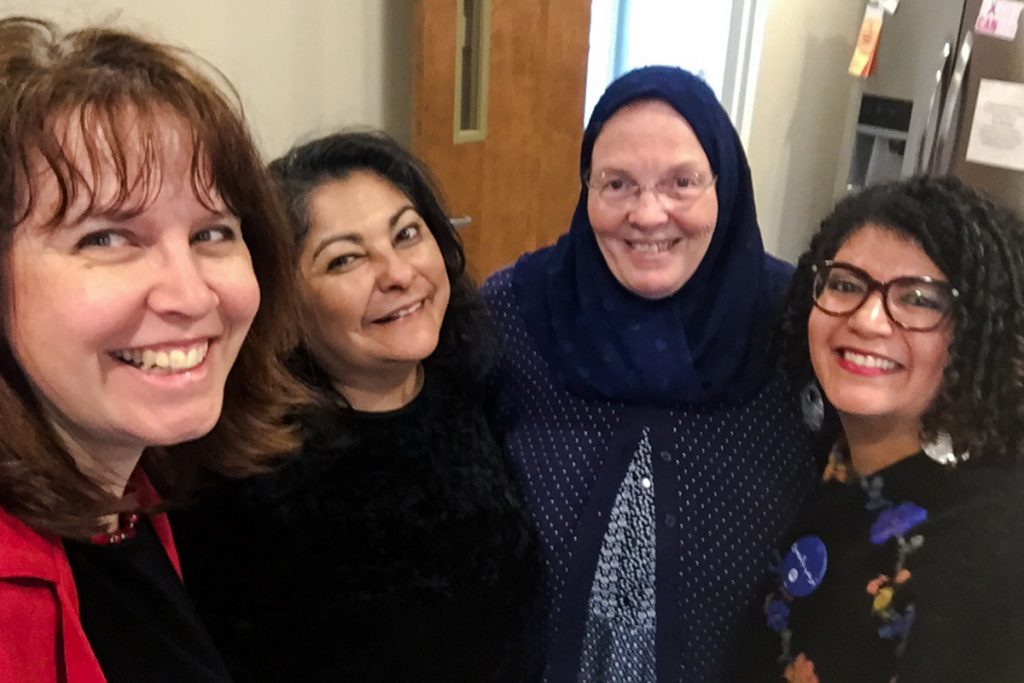PHOENIX — In 2015, Texas teenager Ahmed Mohamed went viral as “Clock Boy.” When Mohamed, an aspiring engineer, arrived at school with a clock he made from a pencil case, he enthusiastically showed his teacher. The teacher, perceiving the clock as a threat, reported Mohamed for bringing a bomb to school.
The incident launched a national debate about the treatment of Muslims in America, and if schools were being overzealous.
That case troubled two Rhode Island teachers who were determined to take action in their own community, especially after a local mosque was vandalized.
Stephanie Griffin, a special education teacher at Davisville Middle School in North Kingstown, Rhode Island, said incidents like the one in Texas signify a larger problem in the education system: a general lack of compassion, diversity and understanding. Griffin, along with social studies teacher Sandra Makielski, are hoping to combat hate in the classroom through a professional development day for teachers they created, called “Understanding the Muslim American Experience.”
The first day-long workshop held in North Kingstown, Rhode Island, on April 5 was open to all teachers from all levels and disciplines. It was the first in a series of professional development days aimed at educating teachers about the Muslim experience in America and how to integrate Islam into their classrooms, according to Makielski.
“It was really a tutorial of the basics of Islam,” Makielski said. “Before we can debate the ‘hot topics’ of Islam, we needed to understand Islam.”
Griffin agreed, adding: “One of the questions we were asked [at the professional development day] was: ‘Do you have a sizable Muslim community in your school?’ And, the truth is, we do not. But we don’t want our students to leave our school and act ignorantly because they weren’t given the education that taught them that Islam isn’t anything to be fearful of. We don’t want to be the teachers that continue to make this racism a problem.”
Over the course of the day, teachers from around the area met leaders from the Muslim community to get their thoughts about how to incorporate Islam into the curriculum – from teaching more in-depth about world religions to reading books featuring Muslim characters.
Angela Boisclair, a seventh-grade literary teacher who attended, said the workshop made her feel rejuvenated and re-energized as an educator.
“I can now incorporate more of the Muslim world into what I teach,” Boisclair said. “[The workshop] helped me to understand more about other cultures and appreciate that everyone is different.”
The workshop was held before the start of Ramadan – the holy month of fasting, introspection and prayer for Muslims – and Boisclair said the information she learned helped her at school. When a student in her class was observing the holiday, she now understood why he would want to spend his lunch period in the library instead of the cafeteria.
“Before the workshop, I may not have understood Ramadan to the extent I do now and the significance of fasting… Just like if I had not been brought up Christian, I wouldn’t fully understand Christmas,” said Boisclair. “What it comes down to is that Islam is a religion much like other religions that I have learned about or grew up practicing. As different as we all are, we are all the same.”
Makielski and Griffin are hoping to expand their initiative to other school districts around the state and throughout New England. But, the expansion goes beyond the Muslim experience as well.
“The workshop is helping to support people who feel that they have been ostracized in some way or another,” said Makielski. “Our focus happens to be Muslim, but much of what we’re going to be talking about is not limited to Muslims. We encourage teachers to be aware of social emotional learning.”
Makielski and Griffin’s workshop was funded by the Southern Poverty Law Center and its Teaching Tolerance project, which has a wide variety of teacher-led initiatives around the country dedicated to reducing prejudice, improving intergroup relations and supporting equitable school experiences for our nation’s children.
While a day-long professional development day won’t solve racism in schools, it’s a stepping stone in the right direction, according to the Rhode Island teachers.
“We have to be responsible for our own learning communities,” said Griffin. “Because we are the first line of defense on ignorance.”

